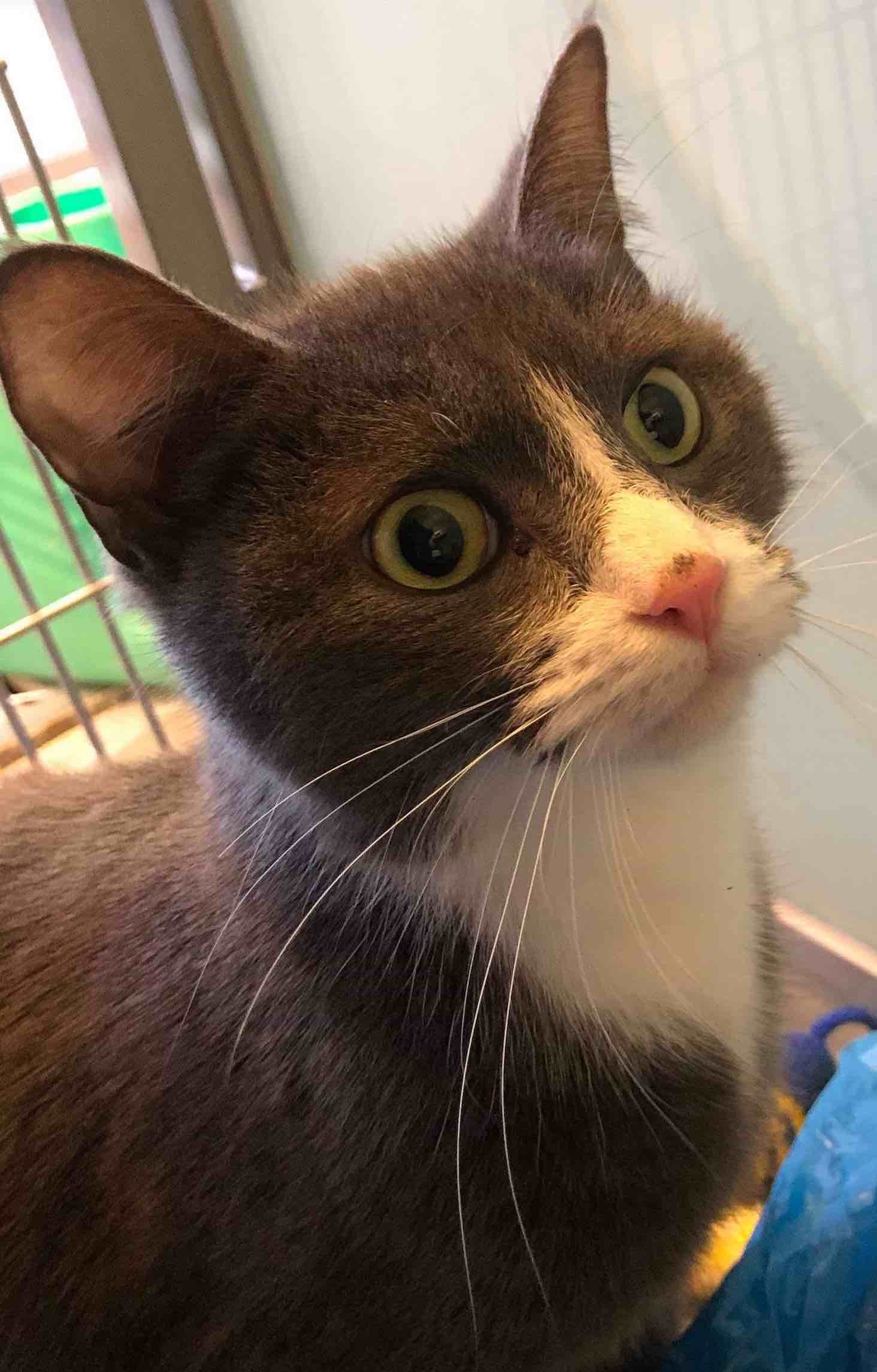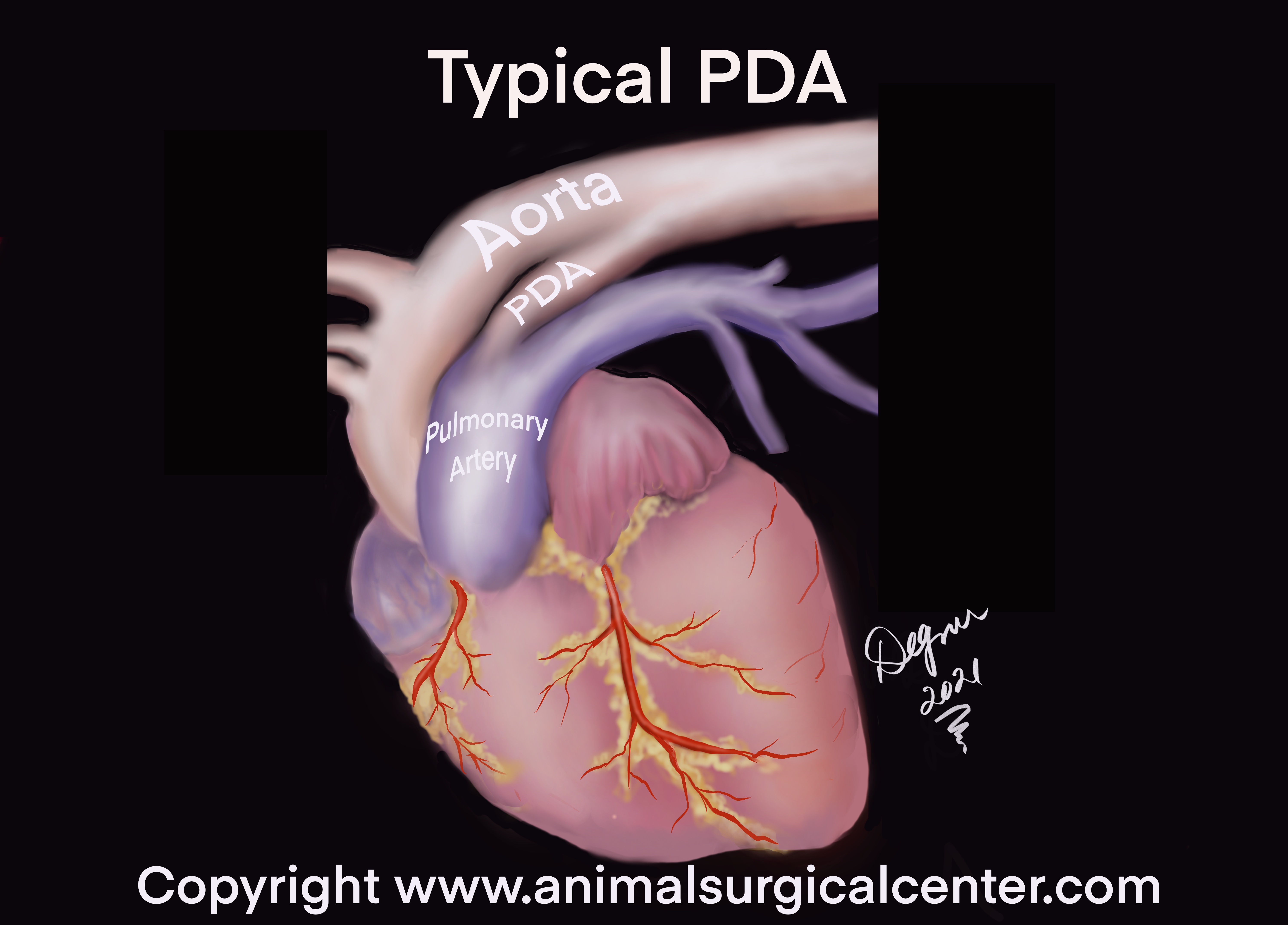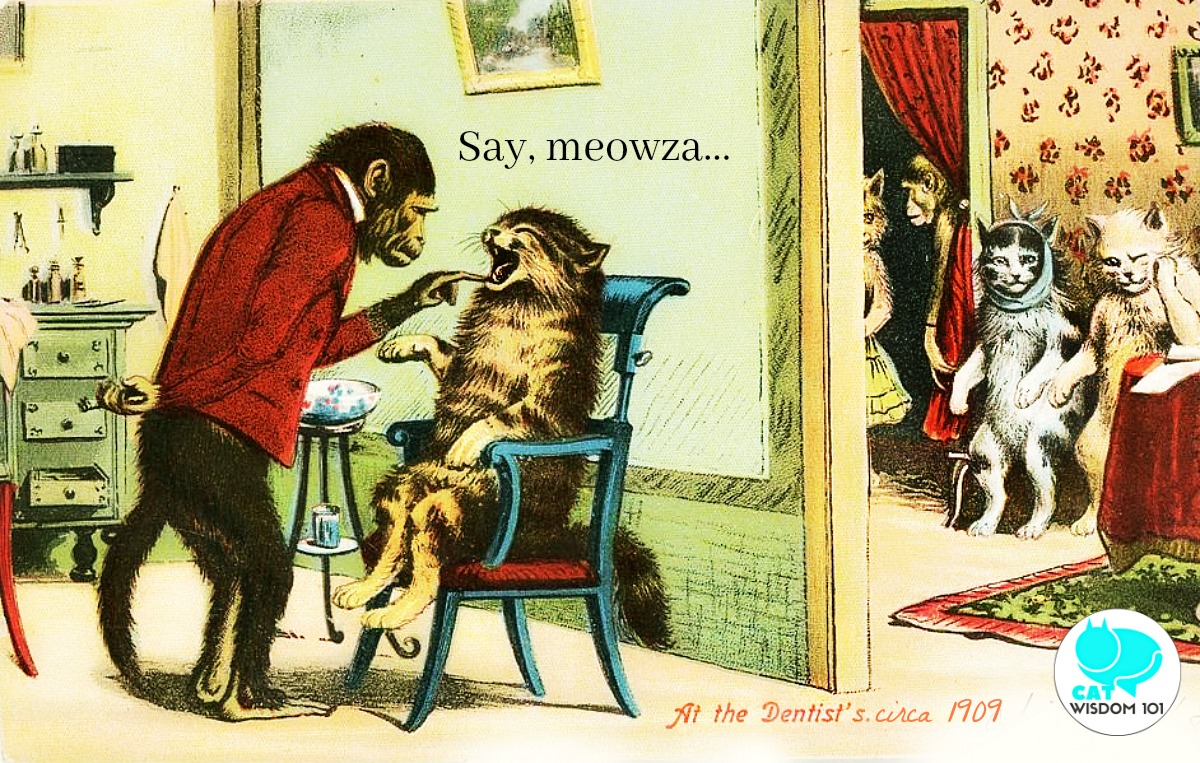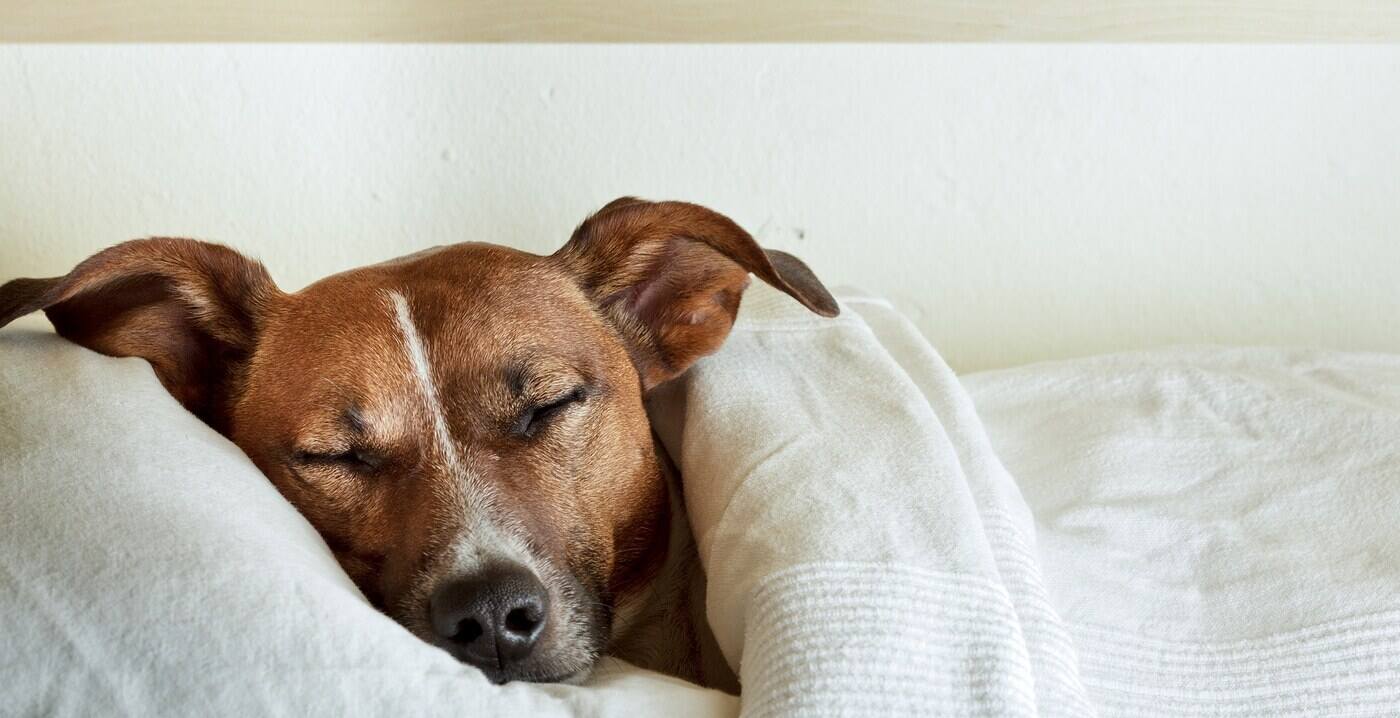Heart Murmur In Cats And Anesthesia

The type of surgical procedure will depend on the exact nature of the disease.
Heart murmur in cats and anesthesia. There are usually no external symptoms clinical signs of a heart murmur in itself. The murmur may first appear at 6-8 weeks of age and a kitten with an innocent heart murmur will usually outgrow it by about 4-5 months of age. Typically murmurs are caused by leaky heart valves or a narrowing or thickening of the chambers of the heart or heart muscle which can indicate heart disease.
While there are some medicines that can help they usually dont cure HCM. Lumb and Jones V eterinary Anesthesia and Analgesia. An echocardiogram cardiac ultrasound is a simple non-invasive imaging test that can evaluate your murmur.
So basically having a murmur doesnt really mean much. Yes certain heart conditions do increase the risk of general anesthesia. Any dog or cat with a murmur especially one that is suddenly detected meaning on his last exam it was not there but on this exam it is there or a pet that may be undergoing anesthesia.
For bradycardic or hypotensive cats heart rate and blood pressure support during deep sedation or anesthesia may be necessary. You dont say how severe Rockies heart murmur is but wed imagine its moderate to severe if your vet is worried about his ability to survive anesthesia. To be clear you want to avoid anesthesia if possible but it is not something that has to be avoided at all costs.
None of those methods have pain-relieving properties so a separate pain reliever like Buprenex is a must. This type of murmur is benign not harmful. This type of murmur is benign not harmful.
The ultrasound will tell us a lot. Identify all prescribed and over-the-counter medications including aspirin and supplements to avoid ad-verse drug interactions1 Physical examination. Some normal adult cats may have an intermittent heart murmur that shows.

















